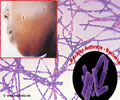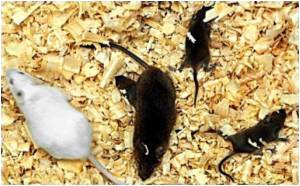New vaccine candidates are developed using mutant versions of Yersinia pestis bacteria for treatment of plague.

‘Mutant bacterial strains of Yersinia pestis can be used for developing new vaccine candidates against plague.’





Select agents are usually potential agents used in bioterrorism and warfare and Tier 1 is labeled for agents that pose risk to the public health. The Centers for Disease Control and Prevention has classified Yersinia pestis strains as a Tier - 1 select agent since antibiotic- resistant Y.pestis strains from plague patients can be used as bioweapons.Ashok Chopra, professor of microbiology and immunology at the Univeristy of Texas at Medical Branch said that "The optimal strategy for protecting people and animals against this deadly disease would be through vaccination, but there are no FDA-licensed plague vaccines available in the U.S."
"We've been working to develop a vaccine that will generate long-term immunity and protection against the plague" he said.
New strains of Y.pestis bacteria were designed by scientists to provide immunity against plague without causing any illness. This was mainly done by deleting and modifying few genes. The immune response was examined after immunization and the duration of immune protection in mice and rats against the plague was tested.
The findings suggested that all three possible vaccines were found to produce long-lasting immune response for a period of 4 -5 months after immunization.
Advertisement
The researchers also said that the mutant versions of the bacteria were found to be safe vaccine candidates as there was no sign of tissue damage in vaccinated animals.
Advertisement
Source-Medindia











